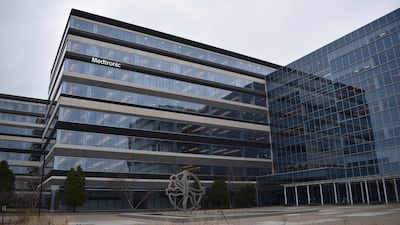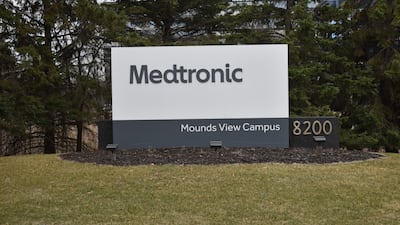A recall of Medtronic’s Heartware Ventricular Assist Device (HVAD) pump implant kit has been slapped with high-risk class I status by the US Food and Drug Administration, the agency announced on 8 June.
The system, which helps the heart continue to pump blood, is used both as a bridge to cardiac transplant for...








